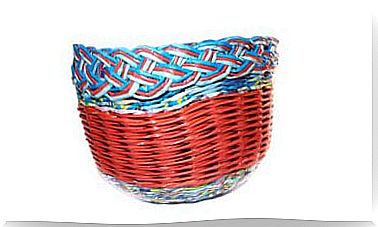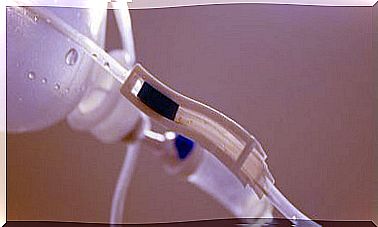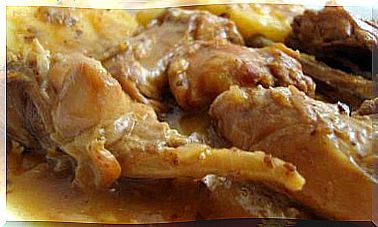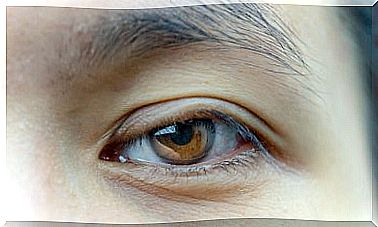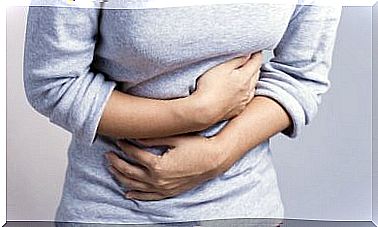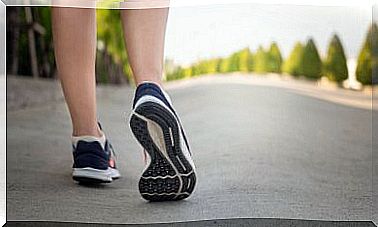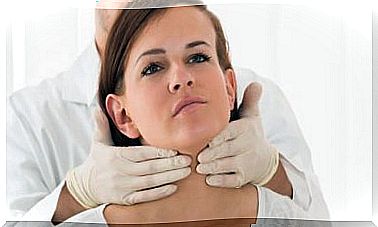What Happens To The Body When You Stop Eating Carbohydrates?
Low-carbohydrate diets have become fashionable as dietary guidelines to lose weight and improve some aspects of health. The great propaganda they receive makes many people doubt about the role of carbohydrates in the diet. Are they bad for your health? What happens to the body when you stop eating carbohydrates?
Foods rich in carbohydrates provide energy to the body and are a component that the body needs to function normally. Stopping consuming them completely can have negative health effects, but a very high presence of them too. Therefore, it is necessary to find the balance and know how to choose the most appropriate sources.
What happens to the body when you stop eating carbohydrates? The beneficial effects
Low-carb diets have not only piqued people’s interest. They have also become a subject of research, as it has been tried to determine if they are beneficial for health.
Due to the studies that have been done in this regard, good results have been observed in weight loss and other improvements in health status. The main changes that occur are the following:
- The body starts to use fat as an energy source, since it decreases the immediate availability of glucose that carbohydrates offer.
- There are favorable effects on weight loss. At first there is a loss of fluids and in a second phase lipid deposits begin to decrease.
- Lowers the risk of cardiovascular disease. Although long-term studies are necessary, immediate positive results were found for body mass index, abdominal circumference, blood pressure, triglycerides, and blood insulin.
- Improvements appear in the management of type 2 diabetes, as concluded in this review of studies on the subject.
- The sensation of appetite is reduced due to the greater presence of fats and proteins.

- Read more: Low carb diet for weight loss
The problems of low-carb diets
Following a diet with less carbohydrates can be done in different ways. The reduction can range from very strict (as is the case with ketogenic diets), to a moderate decrease. In all cases, studies show the appearance of a series of annoying symptoms and small imbalances in the body. The most common are the following:
- Headache and confusion.
- Irritability.
- Ramps on the legs. It usually appears due to the loss of magnesium and other minerals. It is not serious but it can be painful.
- Dehydration due to increased loss of water.
- Constipation as a result of a lower amount of fiber and the adaptation of the digestive system.
- Bad breath (if the diet is very low in carbohydrates).
Now, in the aforementioned studies , possible negative effects have also been found when the diet is followed for a longer time. The main concerns of the experts are the following:
- There are no long-term studies on the safety of the ketogenic diet, the most restrictive way to reduce carbohydrates.
- If dehydration appears and any form of physical activity is started, there may be worse performance, fatigue, increased body temperature or changes in blood pressure.
- A very low carbohydrate intake combined with a high presence of protein increases hepatic glucose production and decreases the tissue response to insulin. These two conditions are markers of insulin resistance.
- It can worsen cardiovascular health if the presence of saturated fats is increased too much.
Recommendations for a healthy low-carb diet
A diet with few carbohydrates can be a good eating pattern if you follow some guidelines to avoid its negative aspects. In addition, it can become a varied, healthy and satisfying way of eating. What must be considered?
1. Important presence of vegetables
Here there are no differences with the recommendations for the general population. As it does not contain any type of grains (or very few), the occasions to eat vegetables are more abundant. If the guideline is not too strict, more starchy vegetables can also be added.
2. Beware of excess protein
A low carbohydrate diet does not have to be very high in protein foods. It is enough to follow the standard recommendation and include a protein food in each meal. The main sources will be eggs, fish, meat, nuts, and legumes.
Keep in mind that beans, chickpeas or lentils provide a quantity of carbohydrates. If you want to follow a diet very low in carbohydrates, you should eat in small amounts or suppress them.
3. Increase the amount of fat in the diet
When you stop eating carbohydrates, lipids become the main source of energy, and you do not have to be afraid to ingest them. They are necessary for good health, provide satiety and facilitate diet monitoring.
These are the most suitable sources to add on a day-to-day basis:
- Olive oil and olives.
- Avocados
- Blue Fish.
- Nuts.

4. Fruits and cereals
Fruits and cereals can only be included in small servings when following a less strict low-carb plan. In any case, you have to eliminate foods and beverages with added sugars and any type of processed product.
5. Monitor the consumption of salt and water
Reducing the presence of carbohydrates can lead to a greater loss of water and electrolytes, including sodium. This can cause a number of adverse effects that should be avoided. For this, it is necessary to drink enough water and ensure the presence of salt.
Avoid processed products with high amounts of sodium. Still, at home you can cook with this seasoning, for example low-carb recipes or broths to drink throughout the day.
You can have a healthy diet when you stop eating carbohydrates
Low-carbohydrate diets are in vogue for their positive effects on weight loss. In addition, they have also shown good results in controlling type 2 diabetes, reducing abdominal circumference, and lowering blood pressure.
Despite this, it should be known that it also carries the risk of negative effects. Thus, it is necessary to take into account a series of dietary recommendations in order to carry them out safely. In this sense, it is advisable to ensure the optimal intake of fresh vegetables, along with sources of fat and protein.
Anyway, before adopting this type of diet, it is best to go to the nutritionist. It should not be ignored that these eating patterns are not the most suitable in all cases. The professional will be the one to determine if it is good or not.


